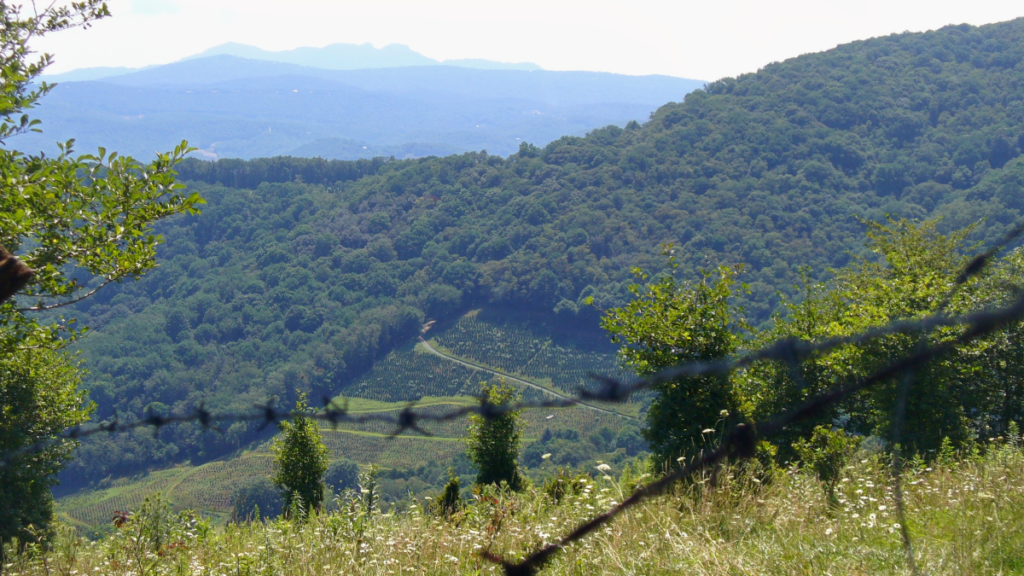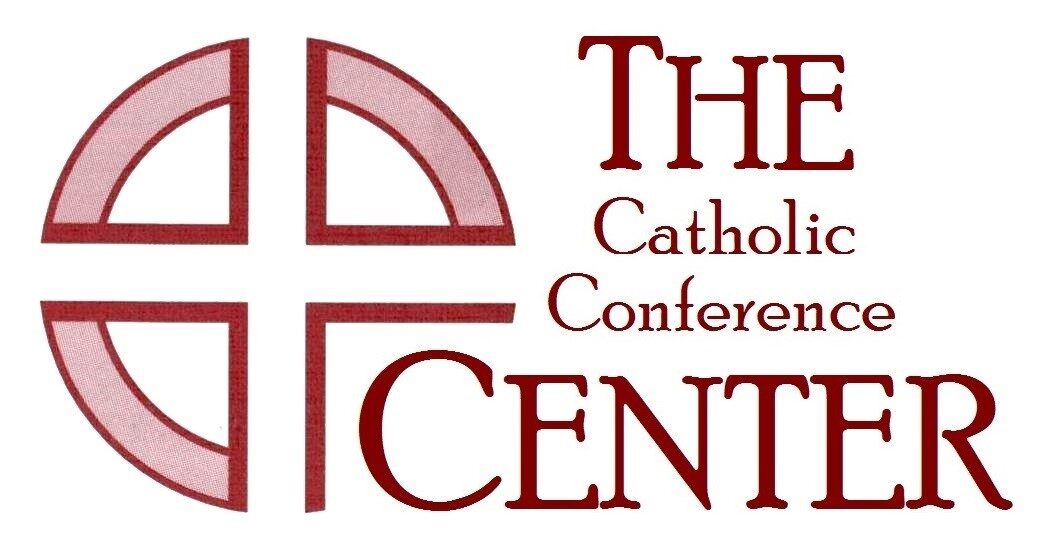
Homily for the 4th Sunday of Lent
Deacon Scott D. Gilfillan
The servant said, ‘Your brother has returned and your father has slaughtered the fattened calf because he has him back safe and sound.’ The older brother became angry. (Lk 15)
Prodigal is a word that can mean lavish, wasteful, or excessive. The wayward son in Luke’s gospel is described as the prodigal son because he did all three spending his father’s inheritance. The father has also been described as prodigal because of the lavish and what some might call excessive love he bestowed upon his younger son.
The elder son might also be described as prodigal, not with his love or reckless behavior, but with his excessive, wasteful, and even lavish anger. And there were dire consequences that came from his anger. In addition to his standoffishness, the gospel literally says “he became angry” after the father thew a party for his lost son. Because of this anger, he was the only one in the village that did not enter the banquet. Because of this anger, he refused the invitation of the father to join him at the celebration.
As in the parable, God has prepared a beautiful banquet for you and for me. God welcomes us with wide-opened arms. Do we refuse to participate in this banquet of life, reconciliation, and love because we are angry?
If so, there are two points to draw from the story of the prodigal son and his elder brother to help us be rid of our prodigal anger: Anger is both a choice and a barrier.
First, anger is a choice. Some people think that anger is an automatic response. It may be for a moment, but in the end when a person remains angry it’s a choice.
All three characters in the story had a choice. The father had a perfectly justifiable reason to be angry. His younger son had taken half of his inheritance and spent it foolishly! If one of my sons spent have of my estate on a life of dissipation, I would be angry – very, very angry – and probably for a long, long time. I might even take my anger to my grave. This father, however, had only one concern, the well being of the son. Instead of being angry at the affront, he watched with loving eyes day and night the empty road winding away from his estate, waiting with patience and hope for his wayward son to return. The father made a choice. The father chose to respond with love toward his son, not with resentment and hostility.
The younger son could also have been angry. He could have blamed his desperate situation on the drought, or bad luck, or insincere friends. I’ve spent years in prison ministry and sadly have seen many inmates do the same. The younger son could have likewise stumbled through life angry, blaming others for his misfortune, swimming in a pool of excuses, refusing to acknowledge his own guilt or mistakes. Instead, the son made a different choice. He chose to accept responsibility for his situation. He chose to repent. He chose to come home to the father.
Lastly, in the story, we have the elder son. He chose to remain angry. What happened to him that would justify his anger? He received his inheritance. At that time, he would have actually received TWICE what the younger son received. Everything the Father had was his. On top of that, his younger brother had returned home safely. So why was he so angry? Because in his own mind, the brother received something he didn’t think he should have received. He didn’t think this was fair. He responded with anger. Out of the three characters in the story, he may have had the least reason to be angry. What harm would there be if the elder son chose to welcome his brother like his father? None. Sadly, he was too righteous to let his brother get away with something like that!
The second point: anger is a barrier, a barrier that blocks us from entering the banquet and receiving the Father’s love. When a person harbors anger inside, it is like a lock has been placed on one side of a door. On the other side is God’s mercy and love. We hold the key. The nearby picture was taken from the Appalachian Trail and portrays a similar view of anger. The barbed wire in the foreground (anger) prevents a person from entering the fertial valley and the lofty mountains beyond.
Note that everyone in the village came to celebrate the return of the younger son – everyone except his angry brother. His self-righteous anger acted as a barrier, blocking him from receiving all that the Father has to offer: love, forgiveness, reconciliation. In his anger, he remained outside the wide embrace of the father.
The question for you and for you me: Where do you stand in this scene? Does your anger keep you outside of the wide embrace of our heavenly Father? Are you holding onto a grudge? Feeling unappreciated? Mad because life is unfair? Nurturing a hurt from a long time ago?
If so, make it your choice to find an alternative to getting angry. Identify what is “pushing your buttons” and do something about it. Maybe gently and lovingly let others know how you feel. Or if that’s not possible, vent your angry energy in a healthy way. Take a brisk, foot-stomping walk. Or write a letter then burn it and imagine your anger rising up with the smoke. Or imagine you are the other person and ask yourself how you would like to be treated in this situation. In the heat of the moment, calm yourself – count to ten, say a “Hail Mary”, imagine a serene image, or when deciding to act on your anger imagine Jesus is at your side. These are just a few alternatives you can choose instead of getting angry. You can probably think of some others. The most important point is for you and I is to release those feelings that come between us and the love of our heavenly Father.
Lent is a time of reconciliation. Lent is a time to return to the Father, enjoy his wide embrace and enter into his salvation feast. But we cannot enter this celebration if a part of us is angry. If you are bitter, resentful, and angry, it’s time to let these feeling go. The Father has a celebration planned for you. You can accept his invitation, or you stand like the elder son on the outside and watch.
~
